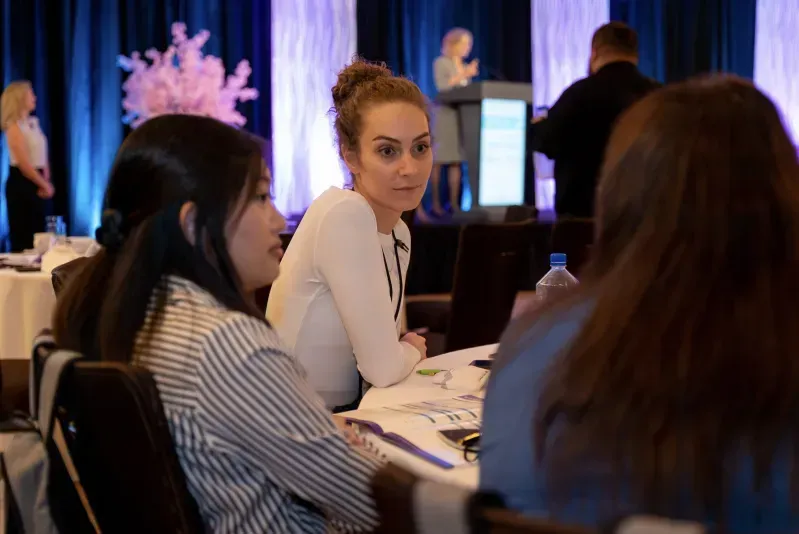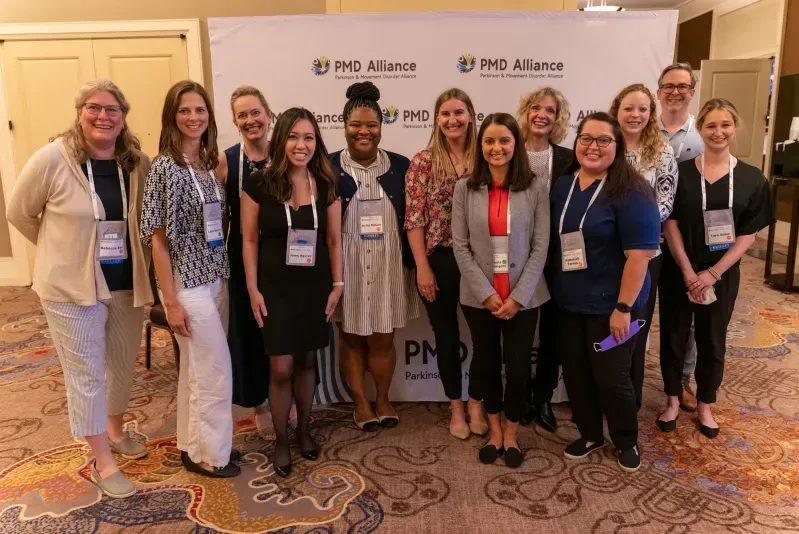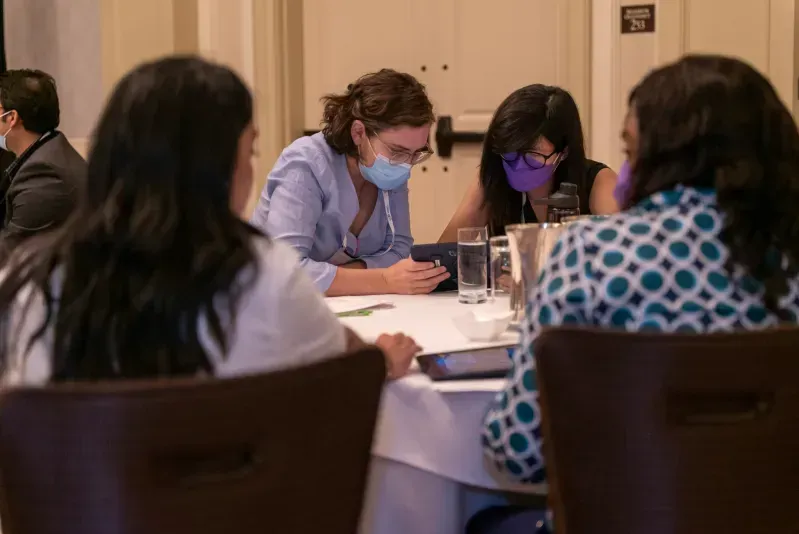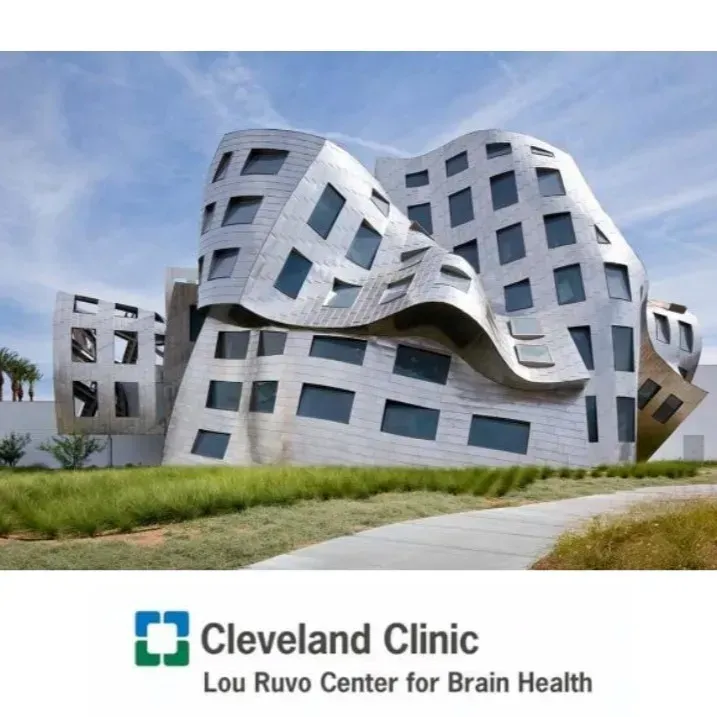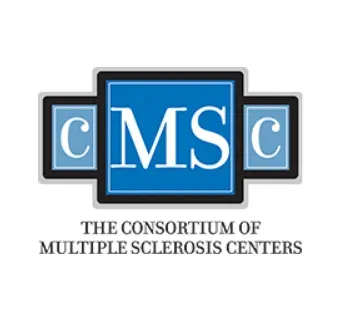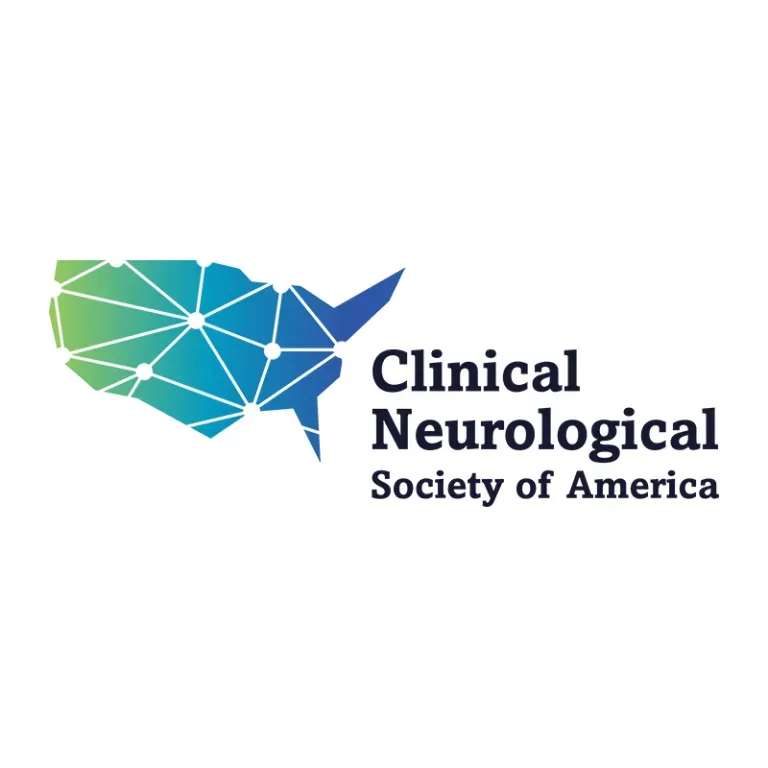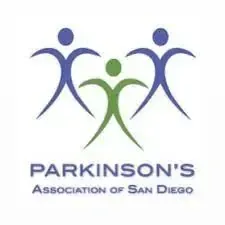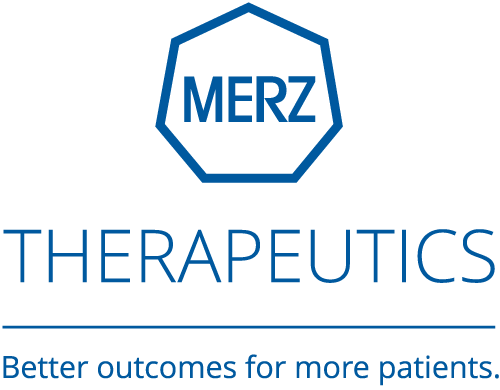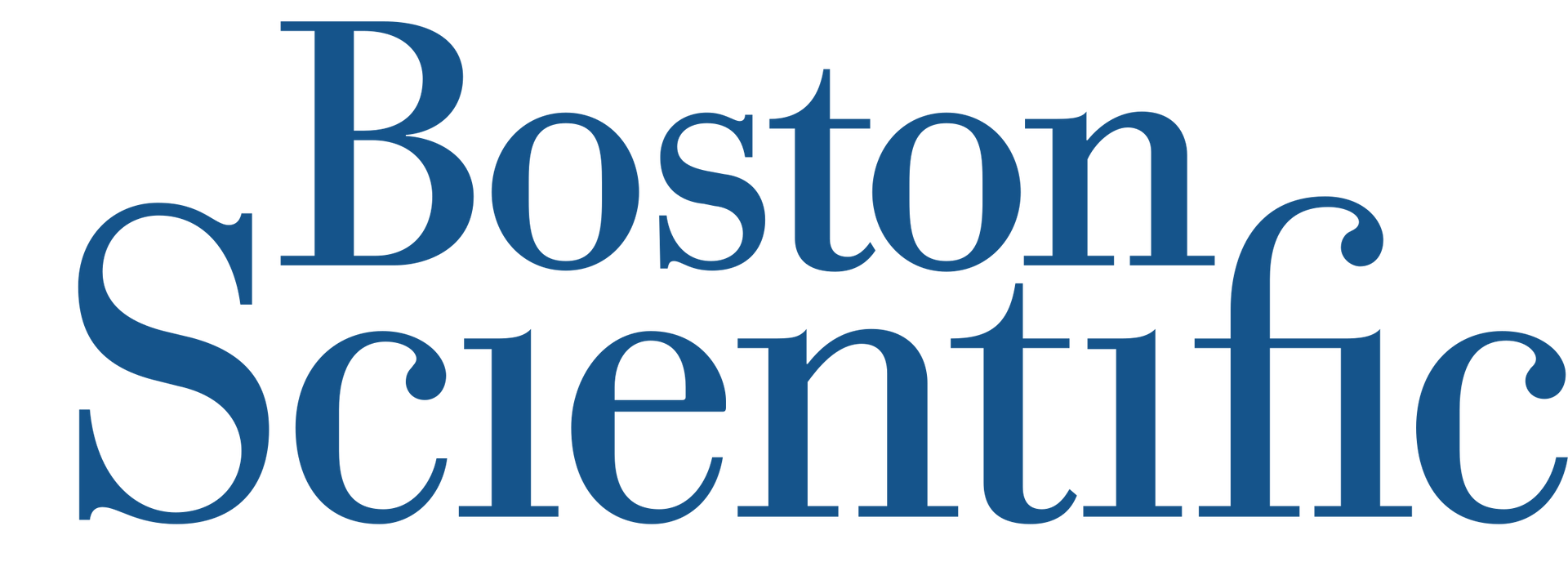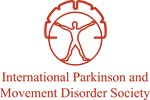The Premier Community for APPs in Movement Disorders
APP's are Amazing!
COMING SOON IN 2026
AMDAPP PODCAST
Get ready! AMDAPP is launching an all-new podcast hosted by Cheryl Kyinn, PA-C, Jenny Nguyen, CNP and Erin Zinn, CNP; where they’ll dive into hot topics with APPs in movement, tackle tough cases, explore leadership lessons, and even get real with patient perspectives to help us all level up as clinicians!
REGIONAL EDUCATION SERIES
Starting in 2026, AMDAPP is hitting the road with a new Regional Education Series-coming to Cleveland, Dallas, and Northern California-to offer an engaging evening of dinner, discussion, and 3 FREE CME hours focused on the latest and greatest in movement disorders!
Welcome to AMDAPP®!
Lead. Learn. Connect.
The Association of Movement Disorder Advanced Practice Providers is a professional organization built for APPs (by APPs!) to connect, refuel their inspiration, deep dive into further education, and collaborate to enhance the lives of their patients. Whether you specialize in movement disorders or encounter these conditions in general neurology or primary care, you are a vital part of our mission to expand expert access and elevate outcomes for this patient population.
About AMDAPP®
AMDAPP® is the only professional organization dedicated to movement disorder APPs.
Founded to connect and support APPs across the country, AMDAPP® recognizes the impact of the more than 30,000 APPs who care for people with movement disorders. These providers are essential members of the interdisciplinary care team, and AMDAPP® strives to engage, empower, and unite as many of them as possible.
Learn more about how we’re building this community below.
News & Updates

UPCOMING EVENTS
What We Do
Education
Looking to gather with your peers to deepen and strengthen your
knowledge of movement disorders? This is the place.
Networking
Connect and collaborate with your peers across the globe. Ask questions, contribute to ideas, and make your voice heard!
Professional Development
Don’t miss out on innovative courses meant to empower you and other physicians, APPs, and healthcare providers.


